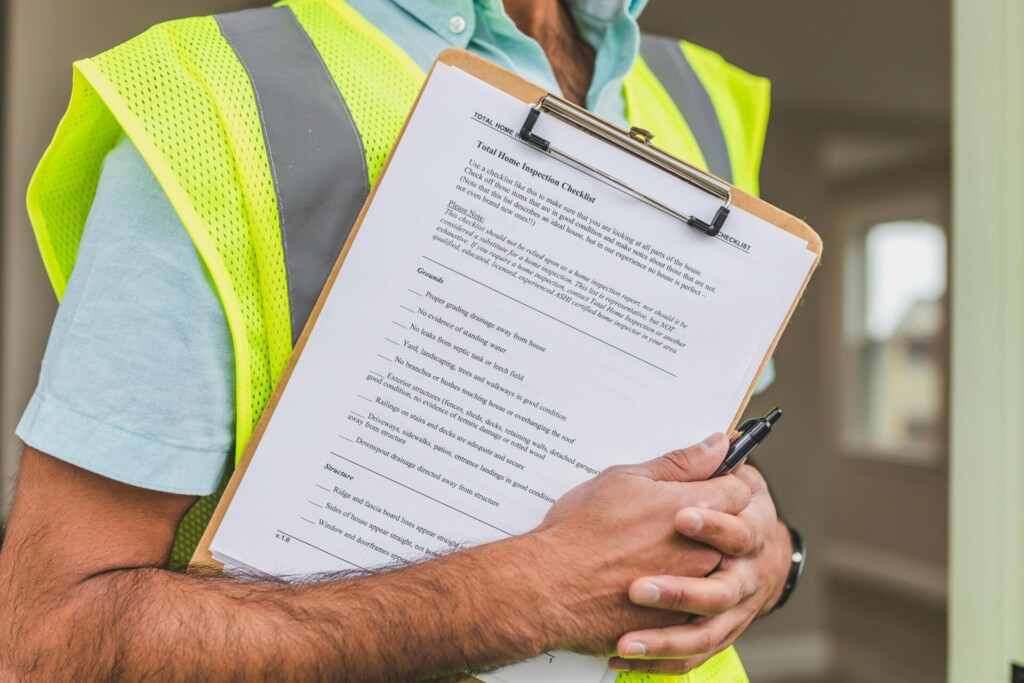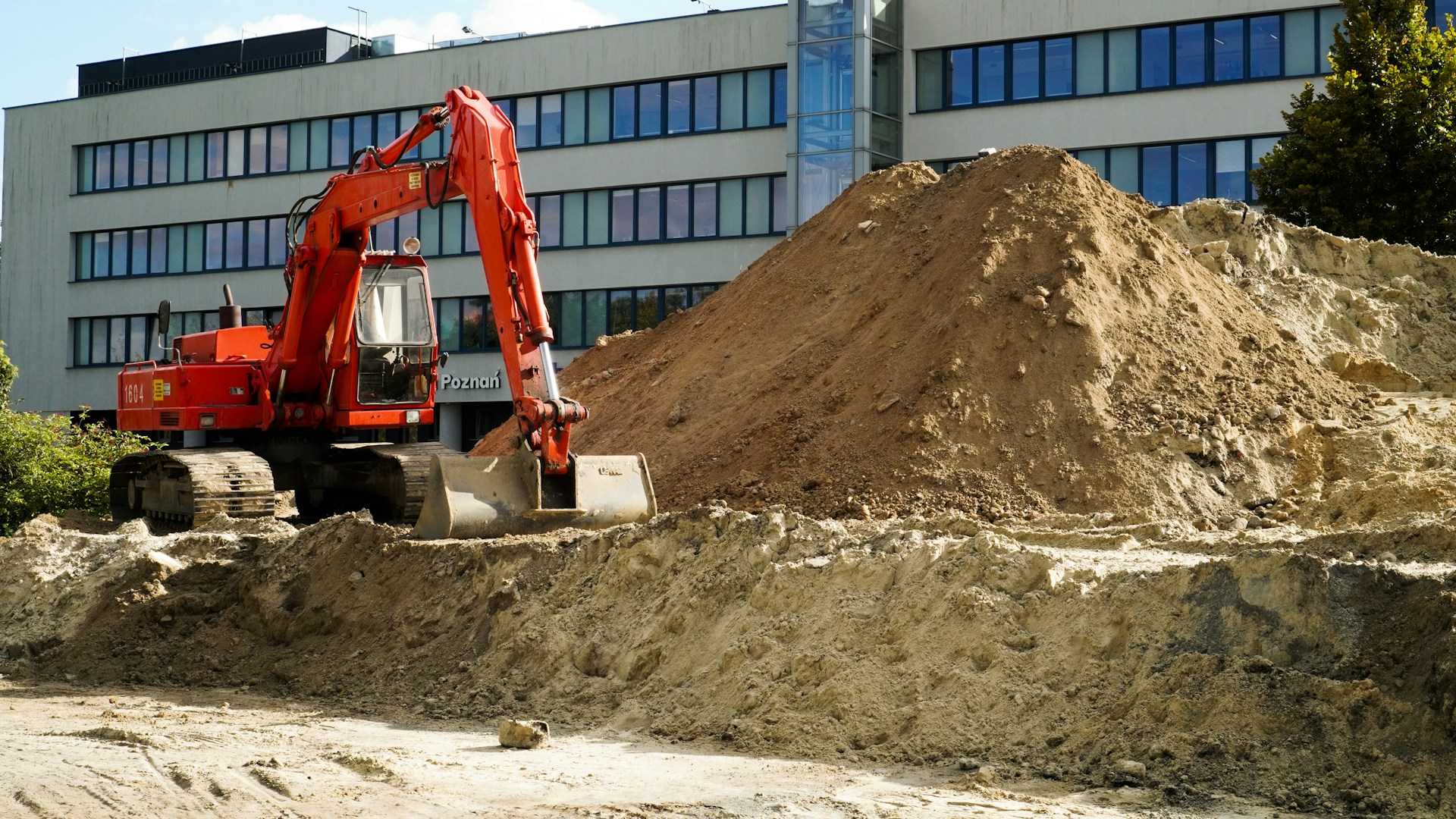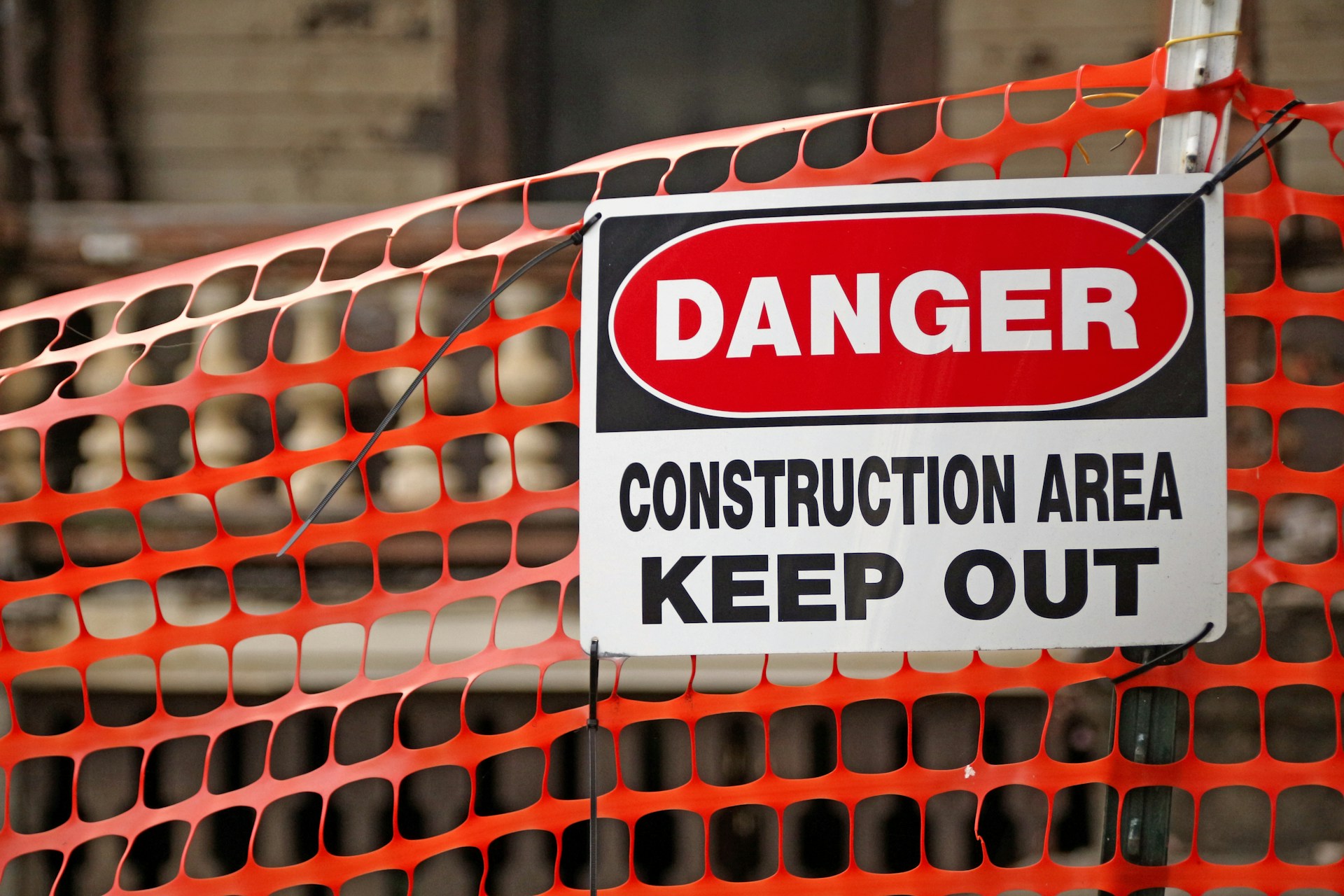Before breaking ground on any construction project, obtaining the proper permits is a critical step. These legal documents ensure compliance with local building codes and regulations. While property owners bear the ultimate legal responsibility for permits, contractors often take charge of the application process. Their familiarity with local requirements and procedures can streamline this crucial phase.
At EB3, we understand the permitting process can seem complex and daunting, especially for first-time developers or homeowners tackling major renovations. That’s why clarifying permitting responsibilities upfront is essential. By establishing who will manage the submission of applications and interface with local officials, we help set projects up for smooth execution from the start.
Failing to properly secure permits can lead to costly consequences down the line—from work stoppages and fines to having to undo completed work. By leveraging our expertise to navigate permitting efficiently, we aim to help clients avoid these pitfalls and keep projects on track. Whether you’re planning to handle permits directly or advise owners through the process, our goal is to ensure full compliance and minimize permitting-related delays or issues.
Who Is Legally Responsible for Obtaining Construction Permits?

While contractors often handle the permit application process, the ultimate legal responsibility for ensuring all necessary permits are obtained remains with the property owner. As the entity with the most at stake, owners must verify that their project complies with all local regulations before breaking ground.
Property owners often delegate the task of obtaining permits to contractors or project managers who have more experience navigating the process. This delegation does not absolve owners of their legal obligations. We recommend that owners still take an active role in confirming all requirements are met, even when relying on a contractor’s expertise.
For government contracts, the situation can shift slightly. Provisions like the Federal Acquisition Regulation (FAR) 52.236-7 can explicitly place the permit responsibility on contractors. Under these terms, contractors become financially obligated to obtain all necessary permits without passing those costs to the government. This arrangement provides clarity but does not change the property owner’s underlying accountability.
Regardless of who physically obtains the permits, we emphasize to clients that maintaining open communication between owners, contractors, and local authorities is crucial. This collaborative approach helps ensure no critical steps are overlooked as a project moves forward. Owners should feel empowered to ask questions and seek clarity on the permitting process, even when working with experienced professionals.
Why Do Contractors Usually Handle the Permitting Process?
Contractors typically take the lead on obtaining permits for construction projects due to their expertise and familiarity with local building codes and regulations. There are several key reasons why having the contractor manage the permitting process is advantageous:
First, contractors have extensive experience with permit applications. They understand the specific documentation and plans required by local authorities and can efficiently compile and submit comprehensive applications. This familiarity allows them to anticipate potential issues and address them proactively, reducing the chances of delays or rejections.
Second, contractors possess the technical knowledge needed to respond to questions or requests from the permitting office. When clarifications are needed on building plans or specifications, contractors can provide detailed explanations drawing on their construction expertise. This allows them to quickly resolve any concerns raised by plan reviewers.
Additionally, contractors stay up-to-date on evolving building codes and zoning regulations. They can ensure that project plans fully comply with all current requirements before submission, minimizing the risk of costly revisions later. Their ongoing relationships with local building departments also help streamline communication throughout the process.
For more complex or specialized projects, contractors often collaborate with architects and engineers during permitting. The contractor may coordinate input from these professionals to address specific technical aspects of the permit application. This team approach leverages the unique expertise of each party to create a comprehensive and code-compliant submittal.
Importantly, having the contractor manage permitting helps maintain clear roles and responsibilities on a project. When permitting duties are explicitly outlined in contracts, misunderstandings between owners, designers, and builders are prevented. The contractor can then integrate permitting timelines into the overall project schedule and keep all stakeholders informed of progress.
While contractors commonly handle permitting, effective communication remains crucial. Owners should still be kept apprised of major developments, potential issues, and associated costs throughout the process. By leveraging contractor expertise while maintaining transparency, projects can navigate the permitting phase smoothly and avoid unnecessary delays or complications.
How Does the Permitting Process Work When Contractors Handle It?

When we manage permits for a construction project, we follow a clear process to ensure everything is done properly and efficiently. Here’s a step-by-step breakdown of how we handle the permitting process:
Initial Contact and Application
We begin by contacting the local building department to discuss the project scope and determine the necessary permits. We then complete all required permit applications, providing detailed information about the planned construction work. This often includes submitting material lists, construction drawings, and any other supporting documents as requested by the jurisdiction.
Fee Payment and Review Process
Once the application is complete, we pay the required permit fees on behalf of the project. The building department reviews the submitted materials, which can take from a few days to several weeks, depending on the project’s complexity and local workload. During this review, officials check for compliance with local building codes, zoning regulations, and other applicable standards.
Approval or Revision Requests
After the review, one of two things happens: either the permit is approved, or we receive requests for changes or additional information. If revisions are needed, we promptly address any concerns and resubmit the updated materials. This back-and-forth continues until the building department is satisfied and grants approval.
Permit Issuance and Display
Upon approval, we obtain the official permit certificate. It’s our responsibility to ensure this permit is prominently displayed at the construction site, typically in a weatherproof container visible from the street. This display is not just a formality—it’s a legal requirement that allows inspectors and other officials to quickly verify that the project has proper authorization.
Coordinating Inspections
Throughout the construction process, we coordinate required inspections at various stages of the project. This typically includes inspections of the foundation, framing, electrical, plumbing, and HVAC systems, as well as a final inspection. We schedule these inspections proactively to avoid delays and ensure work progresses smoothly.
Strategies for Efficient Permitting
To streamline the permitting process and avoid potential holdups, we employ several key strategies:
- Starting the permit application process as early as possible, often while final design details are still being worked out
- Thoroughly reviewing construction plans for quality and completeness before submission
- Verifying specific requirements for the jurisdiction where the project is located
- Proactively addressing potential code compliance issues before they become problems
- Maintaining open lines of communication with building department officials throughout the process
By taking a proactive and thorough approach to permitting, we help ensure that projects can begin on schedule and proceed without unnecessary regulatory delays.
| Stage | Description |
| Pre-Construction | Site inspections before construction ensure the location is ready for the project and pre-existing conditions are identified. |
| During Project | Ongoing inspections verify progress, quality, and safety standards are maintained according to plan. |
| Post Close-out | Final inspections after project completion ensure all work is satisfactorily completed, including snag and punch lists. |
Managing the permitting process effectively is crucial for keeping construction projects on track. As contractors, we leverage our experience and relationships with local officials to navigate this process as smoothly as possible, allowing our clients to focus on other critical aspects of their projects.
What Types of Projects Require Contractors to Pull Permits?
We encounter a variety of construction projects that require permits to ensure safety and compliance. Knowing when permits are needed helps us execute projects smoothly and avoid potential issues. Here are the key types of projects that typically require construction permits:
New Construction
Any new development on undeveloped land requires permits, including:
- Single-family homes
- Multi-family apartment buildings
- Commercial structures
- Detached garages
- Gazebos and pergolas
We carefully review local codes and submit detailed plans to obtain the necessary approvals before breaking ground on these projects.
Additions and Expansions
When expanding an existing structure, permits are required for projects like:
- Room additions
- Sunroom installations
- Garage conversions
- Second story additions
- Bump-outs and extensions
We ensure additions meet current building standards and integrate properly with the existing structure.
Major Renovations
Significant alterations to a building’s structure or systems require permits, including:
- Roof replacements
- Interior wall removal or reconfiguration
- Kitchen and bathroom remodels
- Partial demolitions
Our team coordinates with local officials to verify all renovation work complies with applicable codes.
Trade-Specific Work
Specialized trade work often requires dedicated permits to ensure public safety:
- Electrical system upgrades or new installations
- Plumbing modifications and fixture additions
- HVAC system replacements
- Fire suppression system installations
We work with licensed professionals to obtain proper trade permits and schedule required inspections.
Site Development
Certain exterior projects may need permits as well:
- In-ground swimming pool installations
- Retaining walls over a specified height
- Major landscaping that alters drainage
- New driveways or parking areas
Our team reviews local ordinances to determine permit requirements for site work.
| Project Type | Description |
|---|---|
| New Construction | Includes single-family homes, multi-family apartment buildings, commercial structures, detached garages, and gazebos/pergolas. |
| Additions and Expansions | Room additions, sunroom installations, garage conversions, second story additions, bump-outs, and extensions. |
| Major Renovations | Includes roof replacements, interior wall removal or reconfiguration, kitchen and bathroom remodels, partial demolitions. |
| Trade-Specific Work | Electrical system upgrades or new installations, plumbing modifications and fixture additions, HVAC system replacements, fire suppression system installations. |
| Site Development | Involves in-ground swimming pool installations, retaining walls over a specified height, major landscaping altering drainage, new driveways or parking areas. |
While this covers many common scenarios, permit requirements can vary between jurisdictions. We always recommend checking with the local building department when planning any construction project. Our expertise in navigating the permitting process helps ensure projects move forward efficiently and in full compliance with all regulations.
Conclusion: Ensuring Proper Permit Management for Your Project

While contractors typically handle the permitting process due to their expertise and experience, property owners should still recognize their ultimate legal responsibility for permits. Clear communication and well-defined contract terms are essential to prevent misunderstandings about who will obtain permits and cover associated costs. By collaborating with experienced contractors familiar with local building codes and starting the permit process early, you can avoid costly delays, legal penalties, and potential damage to your project’s reputation.
Remember that proper permitting ensures your construction project meets safety standards and complies with all local regulations. This protects not only the integrity of the build but also the safety of workers and future occupants. At EB3 Construction, we have extensive experience navigating permitting requirements across jurisdictions. Our team can manage the entire process on your behalf, from initial applications through final inspections.
By partnering with knowledgeable professionals and maintaining open lines of communication, you can streamline permit management and set your project up for success. Proper permitting may require some upfront investment of time and resources, but it ultimately protects your interests and helps ensure a smooth construction process. Don’t let permit issues derail your project—work with experts who understand how to efficiently obtain approvals and keep things on track.
To discuss how we can support permit management for your next construction project, contact the EB3 team today.




